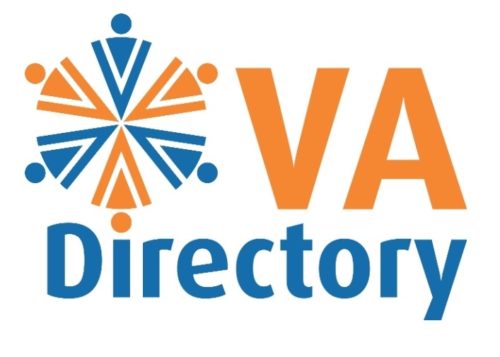I was thinking this morning about a recent chat with a client who indicated through their conversation that I should be charging them cheaper because they’re getting me to learn a new system and it would then be something I could do for other people. When I say cheaper – I mean considerably lower than I was charging – although I had already lowered the rate from my real rate. It then occurred to me (this morning) that my entire business life has been spent learning new things as each client needed or wanted something extra.
A few short years into my business a client wanted me to manage a database for them in Access. I’d only used Paradox, FileMaker Pro and a small database program on an Atari before but I understood the principles of database design so thought it couldn’t be too challenging. To help speed up the process I developed a project database of my own so I could better understand how the program worked. I have since designed and managed many databases in Access for clients in Australia, New Zealand and the US.
Then one day a client asked if I knew anything about ACT! He’d heard about it from an acquaintance and was sure it was the right program for him but he had little computer knowledge and asked if I would explore it for him. I had remembered seeing a free copy of it in a computer magazine my husband had so I dug it out, installed it and spent two weeks playing with it – best way was to import from Access an existing database and see how it worked. After two weeks I felt confident enough to go to the local computer store and buy the upgrade and then announce to my client that I could use it for his business. He was delighted. That was 2000. Today I have 5 clients on ACT! and I synchronise their databases from my home office, manage their mail merges, email-outs, and so on. I’ve also done some research and set up and modified databases with the results of the research for others with this program, including for a couple of clients in the US.
In 1999 I had someone from church ring me to see if I knew Dreamweaver? I said no, but I’d be interested in learning. At that stage I’d only used FrontPage. He represented a web company that had taken on a large project that would take 6 months to complete with about a half dozen people working on it around 15-20 hours a week. He wanted Word documentation (over 6,000 pages) converted to html, then the coding stripped in Dreamweaver and uploaded to an intranet – he showed me what to do and I taught my team members. It was a great project to do and at the end of it I had learnt a reasonable amount about Dreamweaver – enough to feel confident in using it for my own websites. I’ve been using it ever since and now manage a number of websites for clients with this program.
A year ago a client asked if I would investigate shopping carts for them and after asking lots of questions via forums, checking out websites and costs, came back to her with my recommendations. The system she chose has no tech support in Australia – although there is a company in QLD that uses it. I’m yet to find anyone in Melbourne who uses it. I did touch base with the QLD company once to find out some things but I’ve pretty much been on a steep learning curve to understand its workings. I spent many hours learning this system, pestering the support team online, and costed the job at half my regular rate so the client wasn’t disadvantaged for the time I spent. It was a lesson worth learning and I now have this skill to add to my list of services.
So, what am I saying to you? I’m saying that it is worth considering learning a new skill or program for a client when they ask you to. I’m not suggesting you should do this for new clients – they need to get familiar with how you work; the speed with which you work and your own capabilities – learning a new program for a new client would be difficult to do and it could end up being a costly exercise if they haven’t yet built confidence in you. However, for an existing client and one with whom you have a good working relationship, agreeing to learn new software (which you should purchase if you intend to use it later for other clients) and putting in the time and effort involved is well worth doing – it’s called ‘learning on the job’. Instead of an employer paying for this learning, or you paying for a course, you do it in the course of your time for the client. And having an understanding or agreement in place with that client that you would charge for x number of hours at a reduced rate until you’re on track with the program is worth doing too.
So, I encourage you to keep up-skilling – you make yourself more attractive to new clients as they come along, and it could mean you do not have to turn back jobs that come along that you might have turned back only 12 months ago.
Go to it!

Leave a Reply
You must be logged in to post a comment.